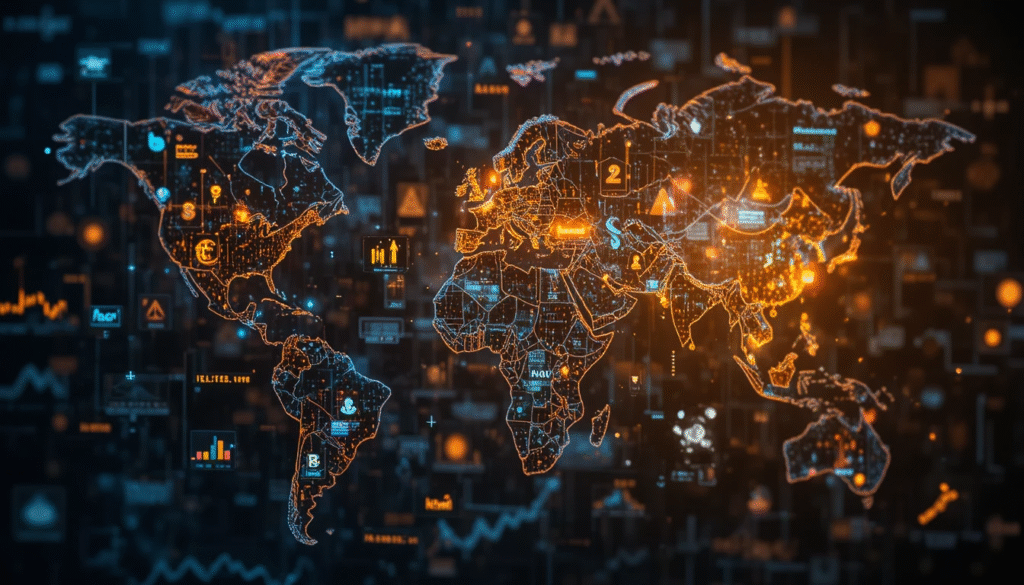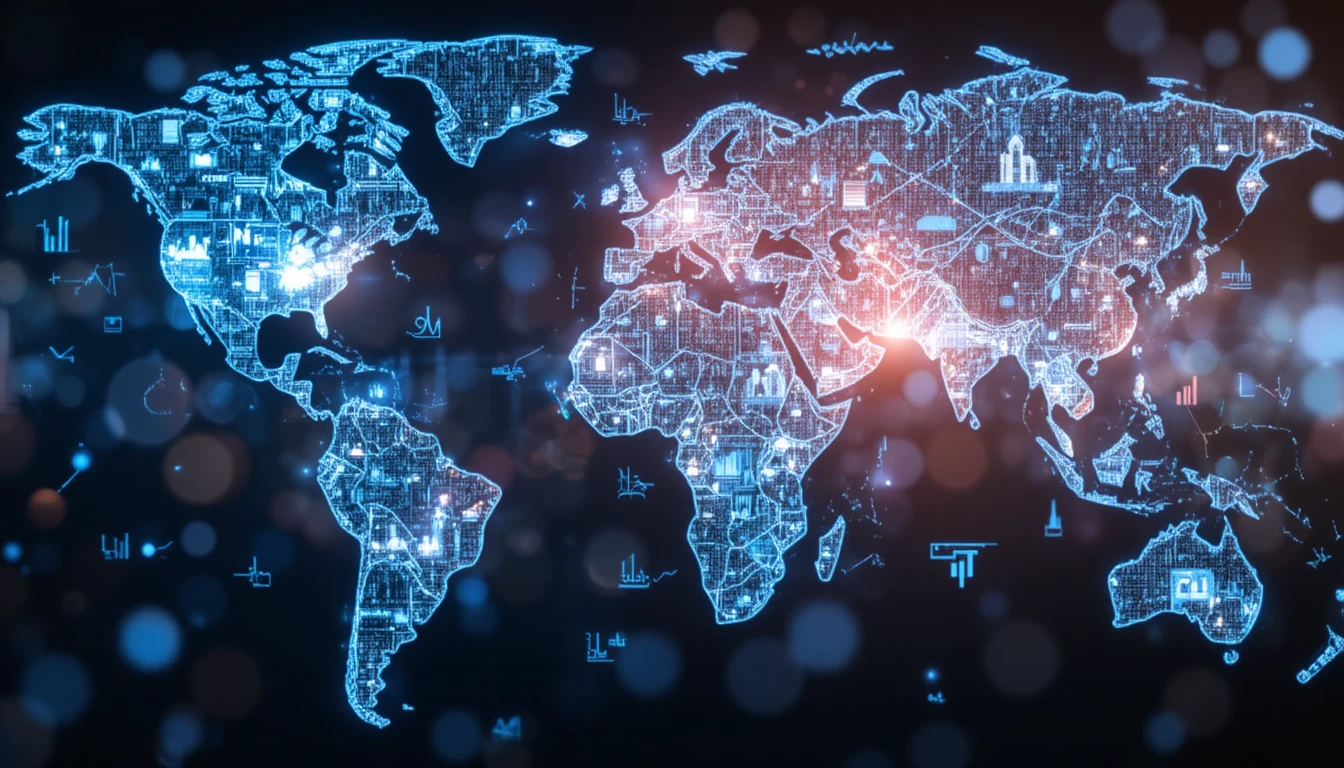Trends, Challenges, and Opportunities
Recently, I’ve been paying closer attention to how economic changes affect everyday life. Prices in shops, new digital banking tools, and discussions about global markets made me realize how much the economy shapes not just nations but also our daily choices.
The global economy in 2025 is shaped by rapid technological growth, shifting markets, and new consumer behaviors. Countries and businesses are navigating an environment where digital finance, sustainability, and global trade play a critical role in long-term success.
One of the strongest trends is the rise of digital currencies and fintech innovations. Mobile banking, online payments, and decentralized finance platforms are making financial services more accessible worldwide. This creates new opportunities for small businesses and individuals but also raises questions about regulation and security.

Another major factor is sustainability in the economy. Nations and corporations are moving toward eco-friendly policies, renewable energy, and responsible supply chains. Consumers increasingly demand that companies not only provide quality products but also demonstrate social and environmental responsibility.
At the same time, challenges remain. Inflation, supply chain disruptions, and geopolitical tensions continue to affect global trade and investment. Economists stress the importance of diversifying resources and embracing innovation to overcome these uncertainties.
On the brighter side, emerging markets are showing strong growth potential. Countries investing in education, technology, and infrastructure are positioning themselves as future leaders in the global economy. This shift provides new opportunities for investors and businesses willing to adapt.
Conclusion:
The economy of 2025 is complex, dynamic, and full of possibilities. By focusing on digital innovation, sustainability, and resilience, both nations and individuals can prepare for a future where economic change is the only constant.
